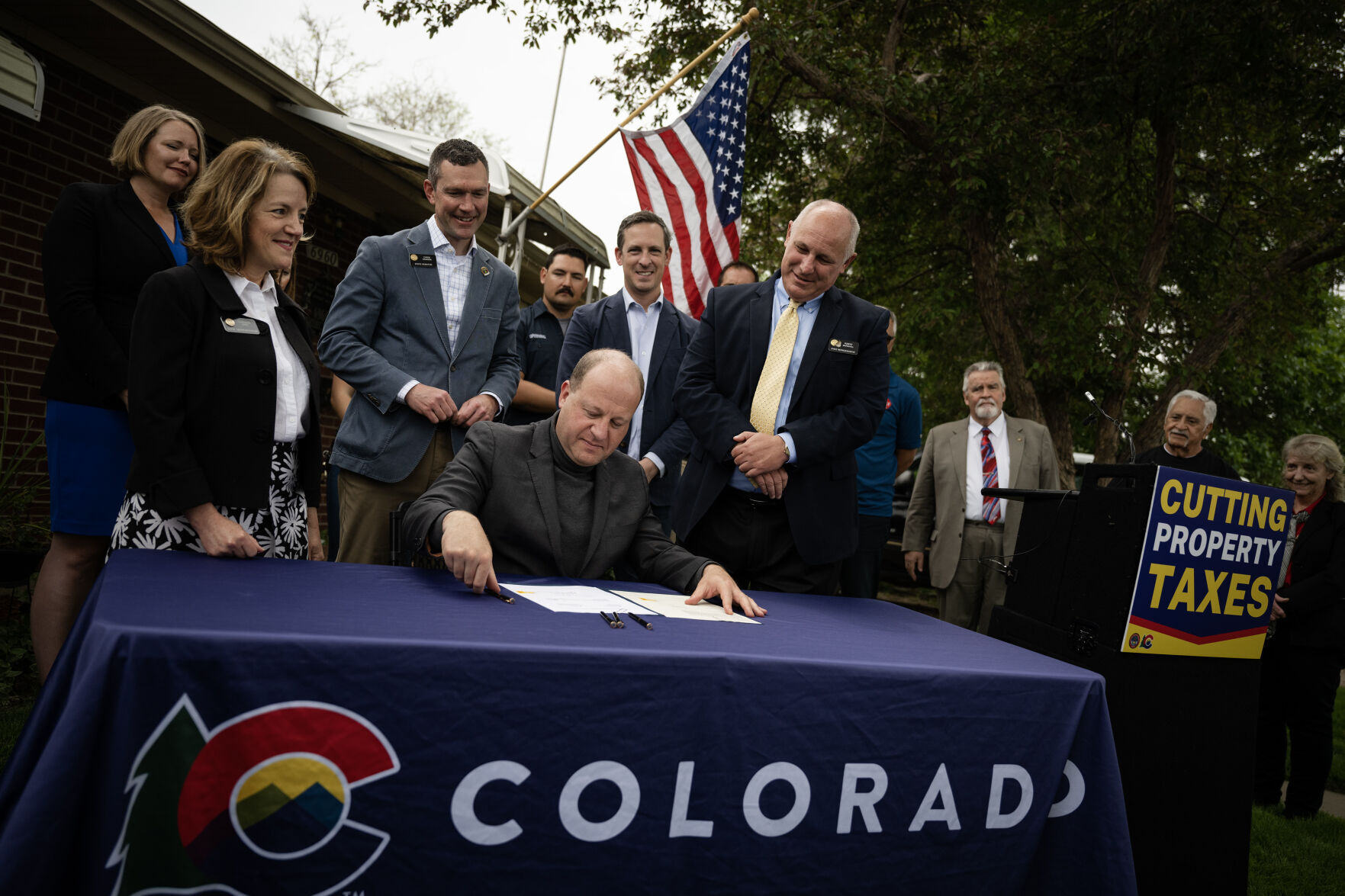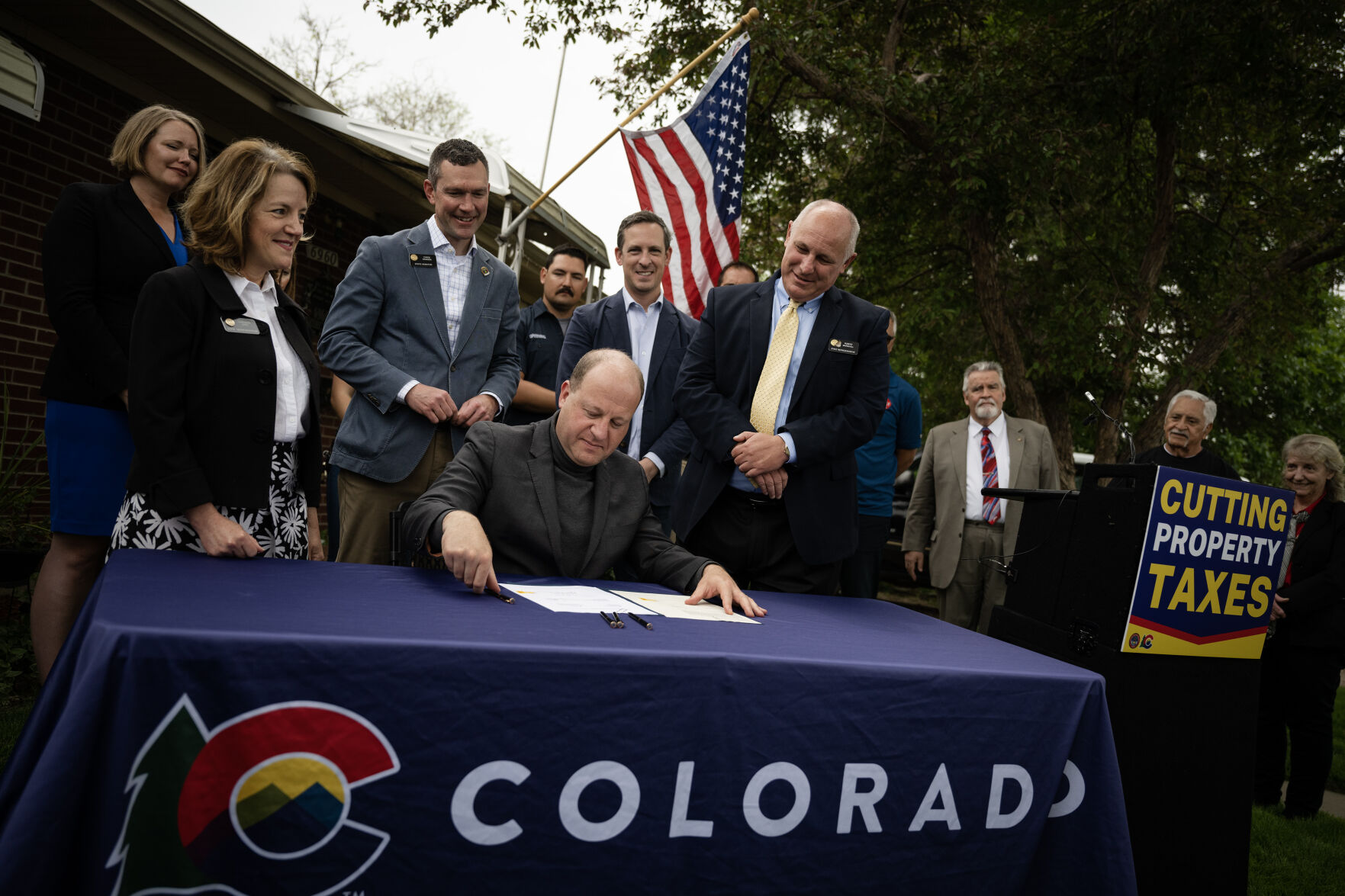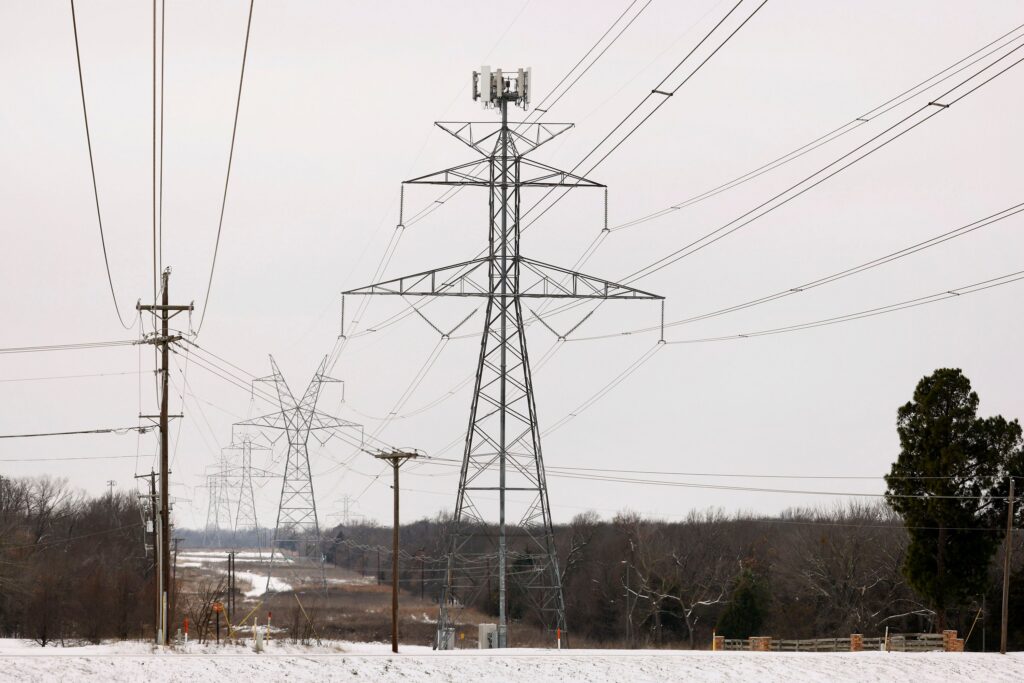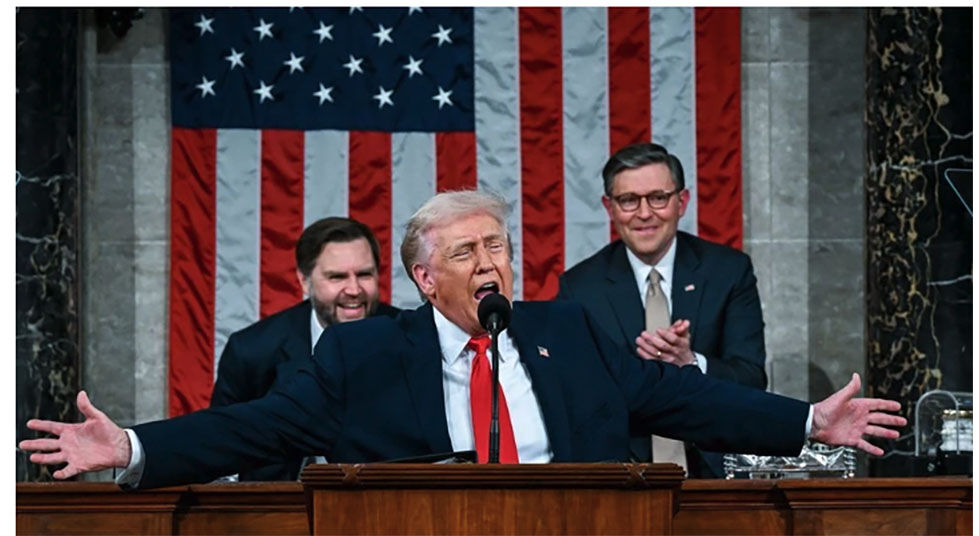Judge allows Polis’ property tax measure to move forward

A district court judge rejected a challenge against a proposal from Colorado Democrats to ask voters in November to divert a portion of TABOR refunds for 10 years in order to pay for property tax relief.
If approved by the public, the measure would help backfill the loss of revenue for county governments and special districts.
Plaintiffs told Colorado Politics they plan to appeal the ruling.
The lawsuit, filed in Denver District Court this month, claimed the legislation violates the constitution’s single subject rule.
The suit argued the measure has four subjects instead of one: it reduces property tax assessment rates; asks voters to allow the state can retain and use the funds for other expenditures, notably on the “politically appealing” subject of education; allocates money for tenant rent; and, permanently changes – and “eventually eliminates” – TABOR refunds.
In his ruling, Judge David Goldberg concluded Senate Bill 23-303 and, by extension, Proposition HH, the ballot measure containing the bill’s provisions, does not violate the constitution’s single-subject requirement on the grounds articulated by plaintiffs.
Goldberg said the court is “starting from a strong presumption of constitutional validity and considers such challenges in light of the liberal construction that must be afforded to the requirements” of the Colorado Constitution’s single-subject requirements.
Citing caselaw, Goldberg said that single-subject requirement is “satisfied ‘so long as the matters encompassed in [a piece of legislation] are necessarily or properly connected to each other rather than disconnected or incongruous.'”
The matters the plaintiffs argued are disjointed are, in fact, “necessarily or properly connected with each other in light of the object of the legislation,” the judge said.
Michael Fields, who is leading the opposition to the proposal, said the plaintiffs plan to pursue an appeal.
“Prop HH undoubtedly violates the single-subject and clear-title provisions in our constitution,” said Michael Fields, who is leading the opposition to the proposal. “We plan to appeal this decision.”
“If Prop HH passes, Coloradans will still experience the largest tax hike in state history – and would also lose $10 billion in TABOR refunds over the next 10 years,” Fields said. “Coloradans need real property tax relief – and we renew our call for the governor to call a special session to immediately address this problem.”
The bill’s proponents cheered the court’s ruling.
Senate President Steve Fenberg, D-Boulder, said the proposal will save taxpayers more than a billion dollars each year by “delivering immediate and long-term property tax reductions for Colorado families, and I am pleased that the Court today agrees that voters should have their say.”
“We will not stop fighting to deliver real relief for seniors, families, and businesses while responsibly protecting critical funding for services like schools, libraries, and fire departments our communities rely on,” he said.
In ruling against the plaintiffs, Goldberg dissected the former’s argument that rent relief is unrelated to property tax relief because tenants do not pay property taxes. The legislation also diverts up to $20 million from the TABOR surplus to reduce the amount of property taxes “paid as a portion of a tenant’s rent.”
“The Court appreciates the hyper-literal distinction advanced by Plaintiffs, but it is a distinction without a difference in the context presented by this case. Landlords invariably pass on the cost of their property taxes to their tenants when setting their rental rates,” he wrote. “Thus, in the most real and practical sense, renters pay property taxes.”
Critics contend that Gov. Jared Polis’ plan to offer relief to property taxpayers effectively guts refunds from the Taxpayer’s Bill of Rights by compounding the amount the state is allowed keep and spend each year, exponentially shrinking the money that Coloradans get and potentially eliminating it altogether at some point.
They also charged that the proposal is the Democrats’ “backdoor” attempt to siphon off TABOR refunds away from people’s pockets and funnel them into the majority party’s spending priorities – without expressly telling the public precisely because the checks are politically popular among Coloradans.
Proponents countered that such rhetoric of vanishing TABOR refunds is “off the hook.”
Scott Wasserman, president of the Bell Policy Center, which advocated for SB 303’s passage, did not dispute a scenario under which rebates won’t land in Coloradans’ mail boxes, such as in a recessionary economy when the revenue dips below the cap.
But there’s a lot of unknown about future TABOR surpluses, he said.
“Because all of this is based on the economy,” Wasserman earlier told Colorado Politics, “we have no way of knowing if we’ll be above or below the TABOR cap 10 years from now. We also don’t know how large surpluses will be.”
“Five years ago, I would have dismissed the idea that we’d be looking at $2 billion plus surpluses. Today, that’s being taken for granted and treated likes it’s a given,” he said.
And the rebates, he said, “have never been a given.”
“In fact, they’re a pretty recent phenomenon. We’ve had a great many years under the existing cap in which none occurred,” he said.
Fields agreed that actual revenue could go up or down in future years.
“So, it’s impossible to say when it will totally eat it up,” Fields said, referring to worries that SB 303’s cap would swallow TABOR refunds. “But it is certain that it will eat it up at some point.”
















